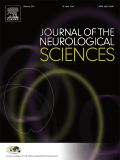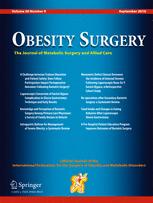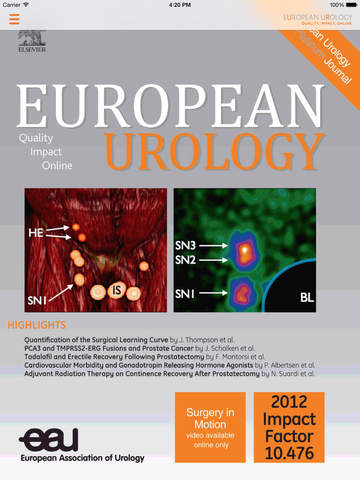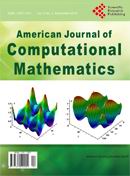 Last year, a researcher cast doubt on a bone scientist’s clinical trials, suggesting some of the findings may not be legitimate. So what’s happened since?
Last year, a researcher cast doubt on a bone scientist’s clinical trials, suggesting some of the findings may not be legitimate. So what’s happened since?
Since 2015, journals have retracted 14 papers by bone researcher Yoshihiro Sato, based at Mitate Hospital in Japan, for issues ranging from self-plagiarism, to problems with data, to including co-authors without their consent. (We covered the latest two retractions this week.) Last year’s analysis identified patterns in more than 30 of Sato’s clinical trials that suggest systematic problems with the results. (Sato has defended his research.)
With doubts cast on Sato’s body of work, we contacted the journals that have published his papers involving human trials, to see if any taken another look at Sato’s work; several responded. While most believe there is little reason to take further action at this time, some told us they are investigating.
Continue reading A shadow was cast on a bone researcher’s work. What are journals doing about his papers?
 With retraction notices
With retraction notices  A journal has retracted the results of a clinical trial comparing strategies for bladder tumors after the authors mischaracterized the way patients were assigned to each procedure.
A journal has retracted the results of a clinical trial comparing strategies for bladder tumors after the authors mischaracterized the way patients were assigned to each procedure. A journal has retracted an abstract after discovering the author didn’t submit it — and also because it appears “highly similar” to a previous publication in Chinese.
A journal has retracted an abstract after discovering the author didn’t submit it — and also because it appears “highly similar” to a previous publication in Chinese. A researcher in Egypt is threatening to sue a mathematics journal if it doesn’t un-retract one of his papers.
A researcher in Egypt is threatening to sue a mathematics journal if it doesn’t un-retract one of his papers. Two psychology researchers are retracting a meta-analysis after discovering errors they believe may affect the conclusions.
Two psychology researchers are retracting a meta-analysis after discovering errors they believe may affect the conclusions.

 With so many
With so many  A journal has retracted a paper for a somewhat unusual reason — and swapped the article with an entirely new paper by different authors.
A journal has retracted a paper for a somewhat unusual reason — and swapped the article with an entirely new paper by different authors.